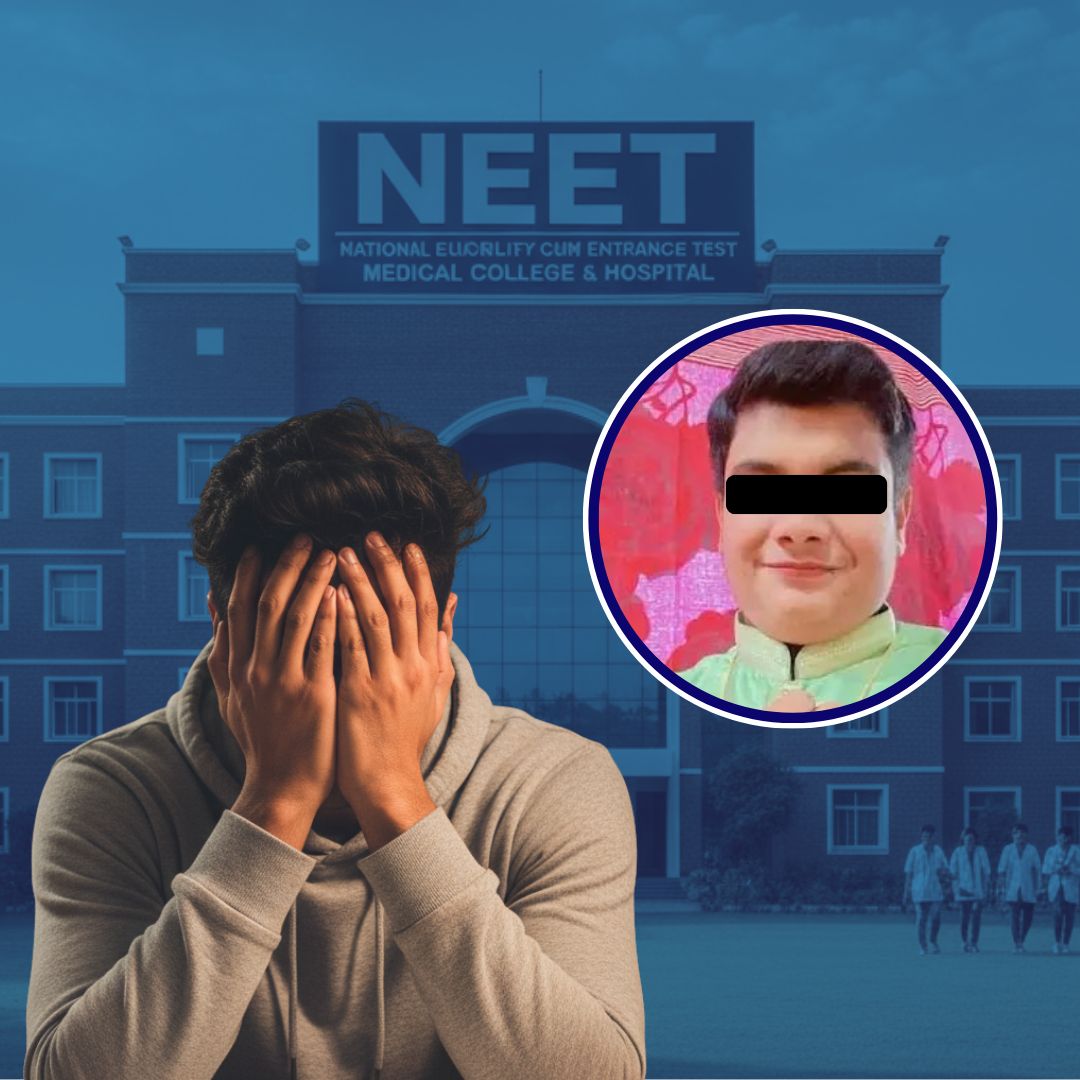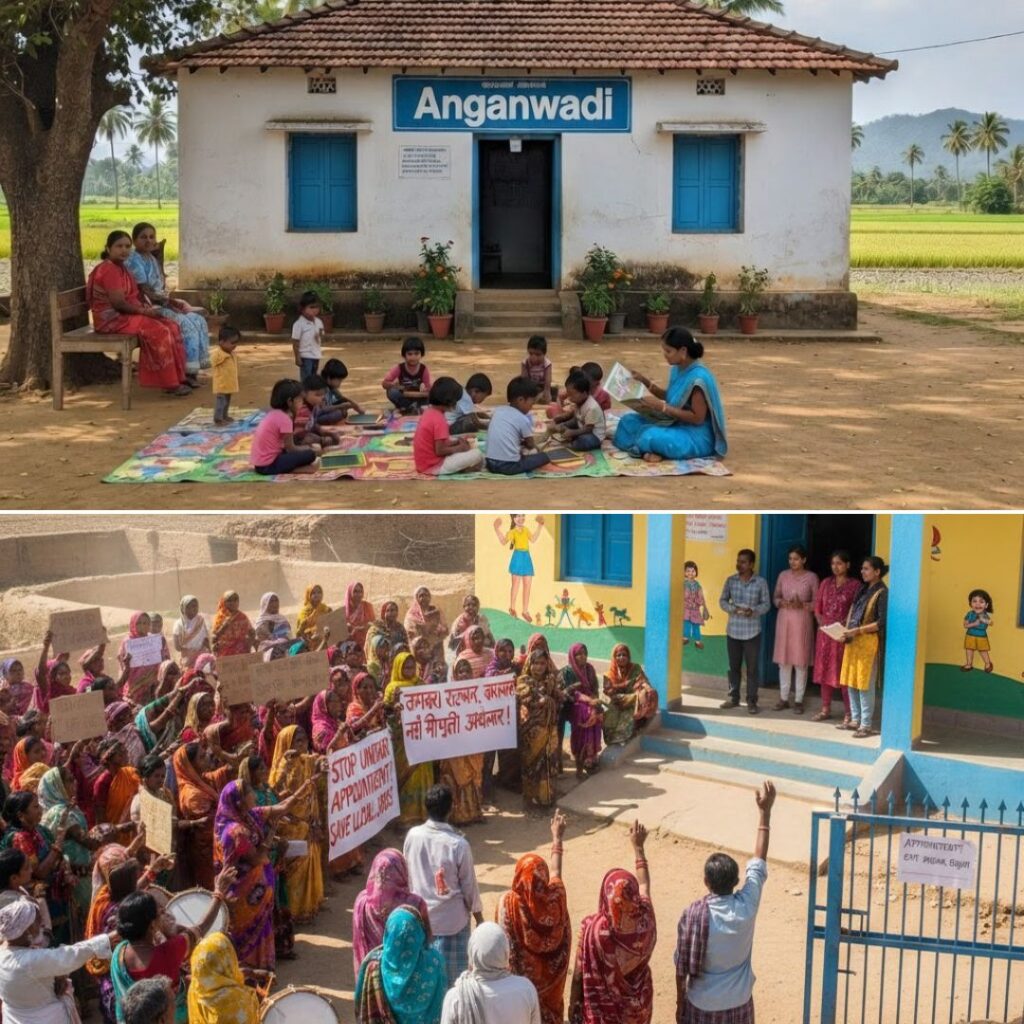A 19-year-old student from Maharashtra’s Chandrapur district, Anurag Anil Borkar, tragically died by suicide on the very day he was supposed to leave for admission to a medical college. Anurag had secured an outstanding 99.99 percentile in the National Eligibility-cum-Entrance Test (NEET) UG 2025 examination, earning an All India Rank of 1,475 in the Other Backward Classes (OBC) category.
Despite his academic success and the opportunity to pursue an MBBS course at the prestigious AIIMS Gorakhpur, Anurag’s suicide note revealed his unwillingness to follow the medical path.
The note mentioned, “I don’t want to do MBBS. A businessman earns as much as a doctor. I don’t want to go through five years of study and then an MD.” Authorities have launched an investigation into this heartbreaking case, highlighting the pressures faced by students in the competitive education environment.
Bright Student from Chandrapur
Anurag lived in Nawargaon village in Sindewahi taluka and was found hanging at his home early in the morning by his mother, shortly before he was to depart for Gorakhpur to join the medical college. According to police reports, the suicide note was recovered from the scene.
Sindewahi police station in-charge Kanchan Pandey confirmed that the note reflected Anurag’s distress and reluctance to continue with medical studies. Despite his top-notch academic performance and being from a supportive family, Anurag struggled with the mental and emotional burden of pursuing a career he did not desire.
Neighbours and family described him as a bright, disciplined student, with his sister being the district topper in the Class 12 exams last year, reflecting the family’s academic dedication.
The Strain of Academic Pressure
Anurag’s tragic death has reignited concerns about the immense pressure students face in India, especially in professional courses like medicine. Many students are forced or expected to follow conventional career paths dictated by parental or societal expectations rather than personal interests.
Anurag had appeared twice for the NEET exam, qualifying in his first attempt but retaking it to secure admission to a preferred college. The suicide note’s candid expression of frustration over years of rigorous study underscores a widespread problem: students are often trapped in high-stress environments that neglect mental health.
Maharashtra, where this incident occurred, has witnessed a rising trend in student suicides, urging education experts, mental health professionals, and authorities to call for urgent reforms focusing on well-being rather than just academic success.
Experts stress the importance of respecting students’ career choices and fostering environments where emotional well-being is given equal importance as academic success. Addressing this crisis requires a collective effort from policymakers, educators, parents, and society at large to prevent further loss of young lives.
The Logical Indian’s Perspective
The loss of Anurag Anil Borkar is a somber reminder of the urgent need to prioritise the mental health and autonomy of young individuals in their educational journeys. At The Logical Indian, it is our firm belief that children and young adults must be encouraged to chart their own paths, supported by families and institutions grounded in empathy and understanding.
The societal tendency to impose rigid career choices not only stifles creativity and happiness but can also have devastating consequences. It is essential to foster open conversations about mental health and support mechanisms within homes and schools.












